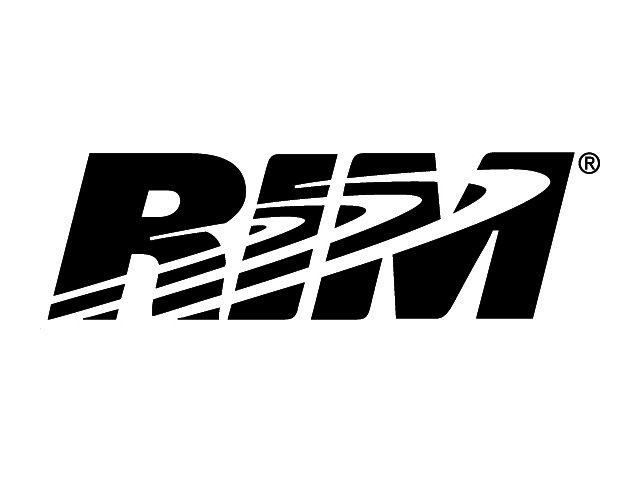PREVIOUS ARTICLENEXT ARTICLE
NEWS

Data efficiency - an important edge for BlackBerry
By Staff Writer 21 April 2011 | Categories: news
According to BlackBerry holding company Research In Motion (RIM), its line-up of smartphones is designed from the ground up to be data-efficient. The Canadian manufacturer deems this aspect as an important differentiator in a market where mobile network operators will face a major capacity crunch in the future.
Deon Liebenberg, managing director for Africa at RIM, stated that BlackBerry smartphones feature a selection of technologies that allow them to deliver data more efficiently (DataSmart technology), offering a wealth of benefits for operators as well as end-users.
According to a Rysavy Research report on Smartphone Efficiency, BlackBerry smartphones provide up to four times as much email, as well as twice the web browsing and social networking for the same amount of data as other leading smartphones.
“The simplest way to think about it is to compare it to zipping large files on your computer. When you use data on a BlackBerry smartphone, it’s almost as if the data is zipped up before it’s sent or received, so it’s smaller and uses up less data,” explained Liebenberg.
“It is this technology that makes it possible for South African operators to offer flat-rate data plans that allow as much on-device email, web browsing and social network as you want for as little as R59 a month.”
Liebenberg said that the benefits for end-users of BlackBerry smartphones (with DataSmart technology), such as the BlackBerry Bold 9780 and Torch 9800, includes lower monthly service plans, faster application operation and increased battery life.
But he added that this technology will have an important role to play for the telecom industry as a whole, as data consumption rates soar.
Research also indicates that the rapid growth in mobile data use is already putting cellular networks around the world under strain. For example, a report from Rysavy Research reveals that the US could run out of spectrum in the next three to five years if present data consumption trends continue.
Liebenberg pointed out that Rysavy’s research shows that operators can have three BlackBerry smartphones on their network, which will employ the same data spectrum as just one other leading smartphone. RIM’s response to this challenge is to keep focusing on the delivery of high-efficiency products and services for a broad and growing range of customers.
Looking to the future, Liebenberg believes the pricing gap between data-efficient devices the likes of RIM’s BlackBerry smartphones and more data-hungry phones will grow even wider, as operators incentivise customers to use platforms that place less strain on their networks.
“We are optimistic about the future as we see the industry taking responsibility for capacity constraints - incentivising efficiency through billing and encouraging handset manufacturers to innovate with scalability in mind,” concluded Liebenberg.
The company also recently announced the introduction of BlackBerry WebWorks SDK 2.0 for its Tablet OS and Smartphones, as well as the final version of its BlackBerry Tablet OS SDK for Adobe AIR. BlackBerry fans can look forward to the release of RIM's iPad rival, the BlackBerry PlayBook, soon.
TAGS:
USER COMMENTS
Most Read Articles
Read

Magazine Online
TechSmart.co.za is South Africa's leading magazine for tech product reviews, tech news, videos, tech specs and gadgets.
Start reading now >
Download latest issue
Have Your Say
What new tech or developments are you most anticipating this year?
New smartphone announcements (45 votes)
Technological breakthroughs (29 votes)
Launch of new consoles, or notebooks (14 votes)
Innovative Artificial Intelligence solutions (29 votes)
Biotechnology or medical advancements (24 votes)
Better business applications (160 votes)



